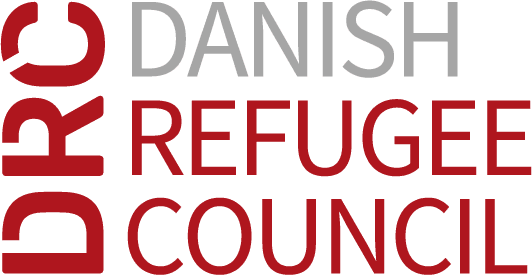
"Most people in Myanmar believe that the world doesn't care"
03 February 2023
On February 1, 2021, the Myanmar military seized power through repressing the population, resulting in a deep human rights, humanitarian, and economic crisis. The crisis was compounded by deepening economic recession, the global pandemic, health system collapse, and surging poverty and food insecurity.
As of 30 December 2022, more than 1.5 million people remain displaced across the country due to insecurity and violence. This is more than double the number a year ago with displaced people now living in undignified conditions and in desperate need in hard-to-reach locations (UNOCHA). A further 25,000 refugees have been displaced to neighboring countries. The UN has documented over 1,000 civilians killed and 8,000 arbitrarily detained. Many have been tortured—including children.
The DEMAC Real-Time Report investigated from November 2021 - January 2022 how Myanmar diaspora organizations engage with the crisis in Myanmar, how they mobilize funding, what they advocate for and who they partner or coordinate with on the ground.
The Diaspora - Lifelines to Myanmar
Myanmar has an extensive, active and committed diaspora. Their support is independent of international aid assistance, human rights, protection or direct support for politics and civil disobedience. Their activities run largely in parallel and separate to the existing humanitarian architecture.
As of 2021, over 3 million Myanmar nationals have migrated internationally, primarily to Thailand, Malaysia, the United Kingdom, and Japan. Close to 2 million Myanmar nationals live in neighboring Thailand, the largest destination for Burmese migrants.

Examples of the types of activities that diaspora organizations engage in include:
- Fundraising for emergency response activities, such as purchasing and distributing food, cooking utensils, medical supplies, or hygiene kits.
- Education projects, such as building schools, particularly in displacement and refugee camps.
- Advocating for democracy in Myanmar.
- Documentation and reporting of human rights abuses.
- Settlement assistance in the country of residence and community development projects for those who have newly arrived from Myanmar, such as English classes, homework classes, or aged care.
Women are particularly threatened
Before the military seized power, civil society already advocated for women’s rights and their empowerment in the political, economic, and cultural sphere. Women accounted for 17% of elected parliamentarians in the November 2020 elections and Myanmar had a female head of state.
Currently, almost every official appointed to replace the deposed government is male. Women protesters have faced targeted violence by security forces, and are "acutely vulnerable to sexual and gender-based violence in militarized and conflict-prone areas of northern Myanmar".
Some diaspora organizations are supporting women and children directly, especially in the areas of education (schooling, access to leadership programs), critical non-food items (sanitary pads, underwear, longyi, tents), health services (medical clinics), and protection (advocacy for the elimination of violence against women and children, information and support for women who are fleeing or who have experienced violence including sexual assault).

Recognition by the International Humanitarian Community
The international humanitarian community recognizes the unique value offered by diaspora organizations: Their reach in areas inaccessible to international actors, access to real-time information and people, some of whom may move regularly, and the ability to act informally and relatively quickly, unrestrained by formal bureaucracy. In addition, they are able to meet needs that are impossible for the international community to address.
Key challenges for Myanmar Diasporas
As for a lot of diasporas, the key challenges for diaspora organizations are funding and resources, and access to it. Many organizations operate on a voluntary basis, which limits the time available from their members. For diaspora organizations supporting the civil disobedience movement, providing support can be particularly dangerous, especially when using Hundi and communicating through underground networks.
“We have to send money very dangerously. Sometimes the people we use to send money are very scared. It’s very dangerous.”
Read more about challenges and successes in coordinating humanitarian response of the Myanmar diaspora in our full report below.



